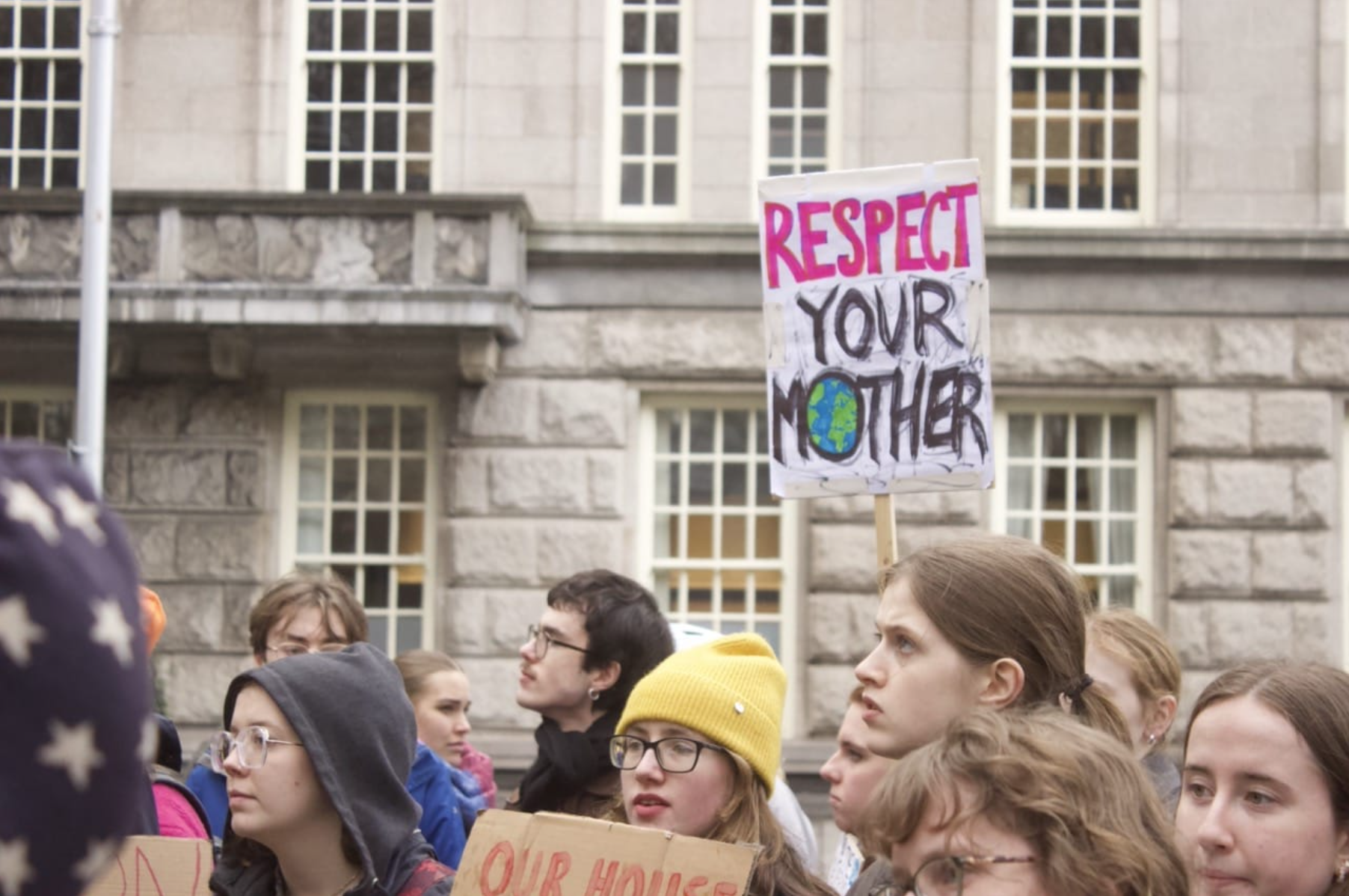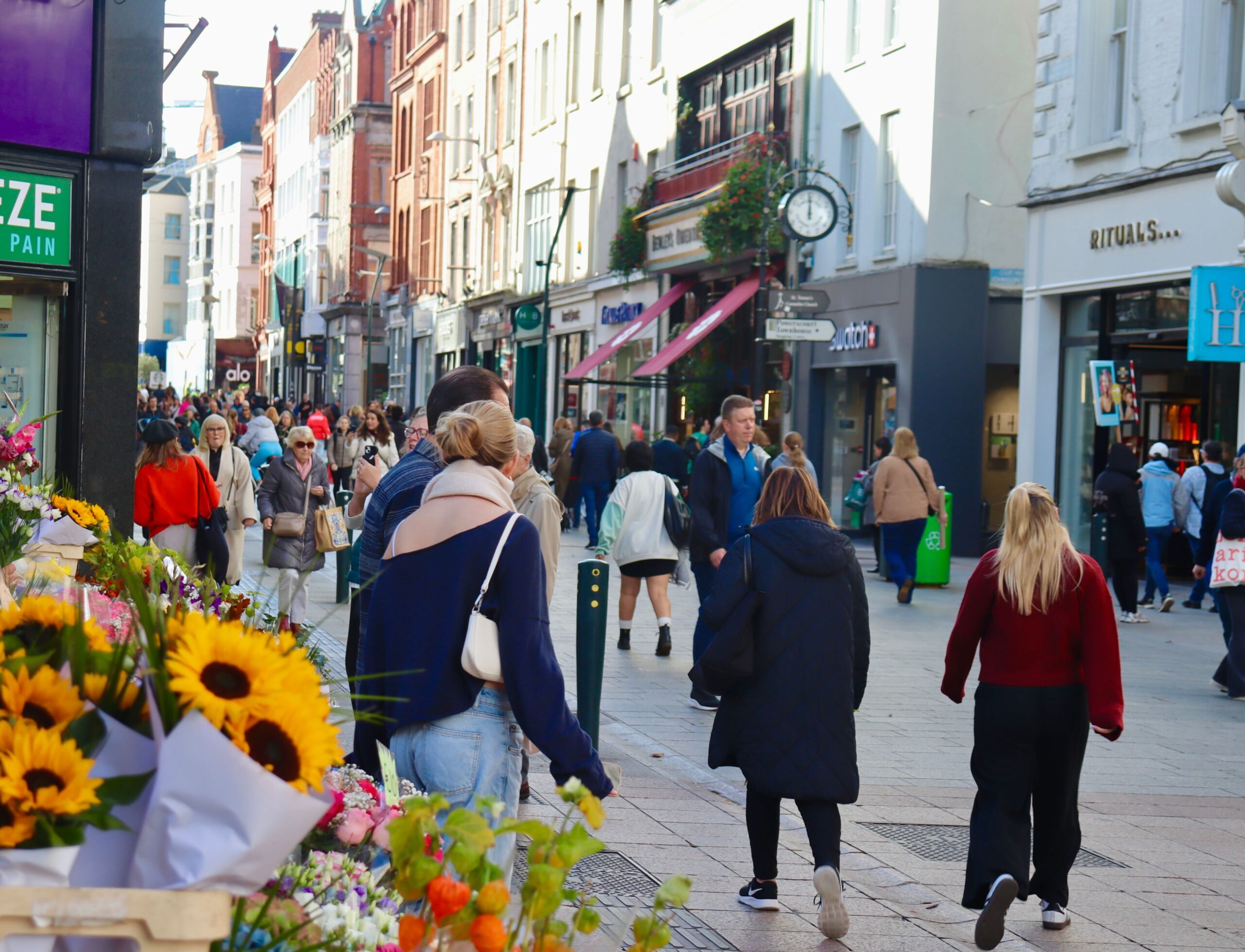Regardless of personal politics, Friday May 25th marked a sea-change in Irish democracy. The coherent and strategic mobilisation of the youth vote on both sides of the debate cannot be overlooked. Universities and students’ unions joined the central ranks of civil society, just as they had done in the 1980s and 1990s. However, nobody, not least Irish politicians, expected this to endure or indeed, to challenge the Irish political classes.
The repeal movement succeeded in mobilising a certain type of voter. It allowed itself to become all-encompassing and quickly became the sole political issue of note for many of Ireland’s young voters. The issue at hand was tangible and highly emotive and represented a welcome relief for many from what some see as a largely colourless Irish political elite.
Contrary to what many commentators believe, it is clear to me that this will not mark the inevitable decline in Ireland’s youth vote. Ireland’s young are too savvy to let this happen. With an eye on the upcoming European elections, it is important that students’ unions, political parties and civil society encourage a broader engagement with Europe and European issues to avoid complacency.
Much maligned by many as a useless exercise in democracy, the upcoming European elections, set for spring 2019, represent an important opportunity for Ireland’s young voters to engage meaningfully with a very different political project. With Europe at a crossroads and in need of moral and political backing, a strong student vote in Ireland and its potential to harness momentum within the European establishment, cannot be underestimated.
It is important that students’ unions, political parties and civil society encourage a broader engagement with Europe and European issues to avoid complacency
For the first time in 20 years, the eyes of the EU’s leadership are fixed firmly on Ireland. Despite the challenges of Brexit, you cannot help but feel that Ireland’s stature within the EU has grown somewhat in the past two years. Michel Barnier and Guy Verhofstadt have both spoken of the need to protect the so-called “Good Friday generation” and have emphasised the role of Ireland’s youth within the European project, in particular within the Erasmus and youth parliament programmes. Perhaps Verhofstadt, Juncker and others expect Ireland’s youth to afford them a ringing endorsement come next April or May. However, this does not mean that it would be any less valuable or significant.
In light of recent events in Italy, Hungary and Poland, European youth co-operation and the emergence of a common European voice appears to be more important than ever. Issues such as the migration crisis, the flagrant attacks on democracy and youth employment are not individual to Italy, Hungary or Spain. There is reason to believe that Ireland’s young people are aware of this. In an Ireland that is more and more multicultural, many of these issues no longer seem that far from home.
With Europe at a crossroads and in need of moral and political backing, a strong student vote in Ireland and its potential to harness momentum within the European establishment, cannot be underestimated
MEPs have often been accused of ignoring their electorate, choosing instead to abscond to Brussels, never to be seen again. Based on personal experience, Ireland’s MEPs, regardless of political persuasion, are more eager than ever to engage with youth issues. MEPs like Mairéad McGuinness and Marian Harkin have achieved considerable renown within the European Parliament and alongside others, have championed important policy changes such as the interrail programme for 2018.
The problem now for Irish MEPs and for the Irish political class, is that many young people in Ireland are still not fully aware of the importance of their voice in affecting change in Brussels or Strasbourg. They know that they stand to benefit from the EU but this has yet to have been communicated to them in full. Now is a better time than ever to bridge this gap.







